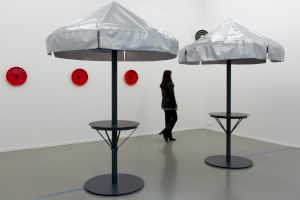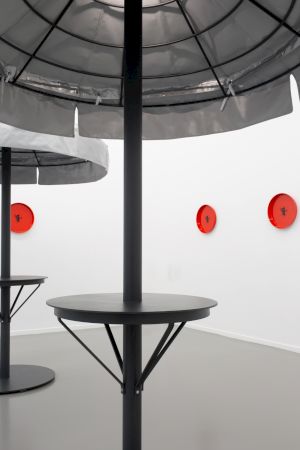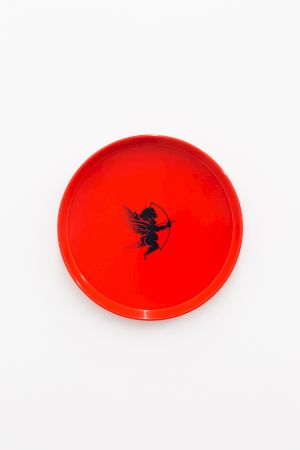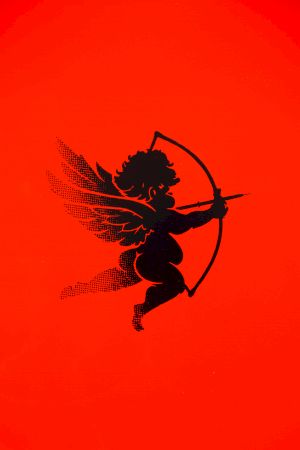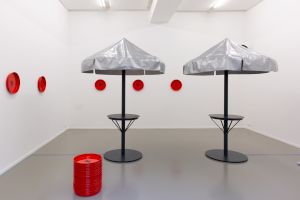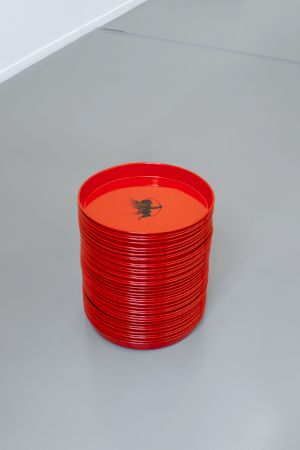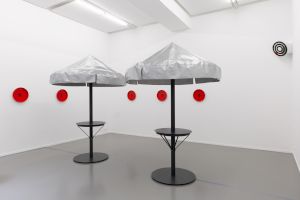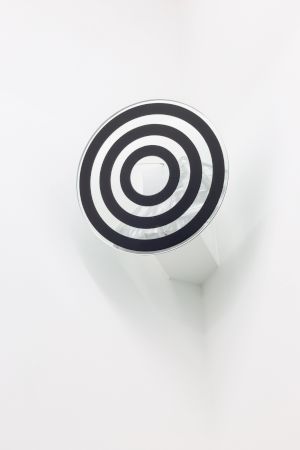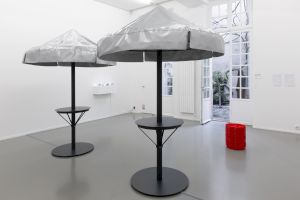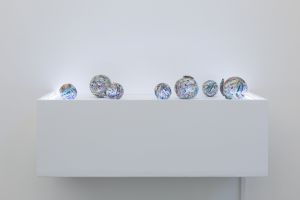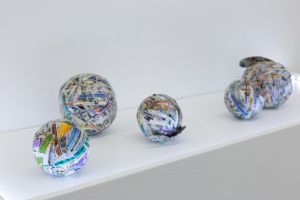Real Madrid
Postoristoro
Free entrance
From Tuesday to Wenesday, 1 pm - 7pm
↘ à l’occasion de la Nuit européenne des musées, l’exposition sera ouverte jusqu’à 22h samedi 3 juillet.
MEDIATION
20 minutes tours by CCS mediators, every week-ends at 4 pm
↘ En parallèle l’exposition Manon
In taking a soccer team’s brand name for itself, the collective Real Madrid draws on the mechanisms of mass miscommunication to cover their tracks, fluidize gender identities, and play with preconceptions of team spirit and its transformation into merchandise.
Real Madrid has been using this collective name since 2015, to highlight causes of populations stigmatized, excluded, and oppressed by the dominant and normative sectors of society. The autonomous and proud protagonists of their universe are LGBTQIA+ communities, people with sexually transmitted infections, especially HIV, and young people in search of places to meet and be free in public space. To subvert the degrading or condescending public discourse that targets these people, Real Madrid lets their imagination run wild and breathes life into these stereotypical objects of prejudice: small cartoon figures, urban furniture, decaying fruit, and product packaging populate their installations. Through these everyday objects, elements with an anodyne Pop aesthetic gleaned from the collective imagination, Real Madrid reveals that the root causes of social exclusion and discrimination are skewed perspectives, phobias, and mechanisms of “othering” (i.e., of treating someone as “other,” unfamiliar, and disturbing).
This long-term project of Real Madrid has gained new relevance in the current crisis, given that public health management is now in the spotlight, while stigmatization and social inequality are on the rise yet also increasingly invisible.
For Postoristoro, Real Madrid drew inspiration from a place (posto) of refreshment (ristoro), taking as their model those small-town bars, open 24/7, which have the dreary air of a gas station or train station restaurant. The exhibition title is taken from a short story from 1980 by P.V. Tondelli, which, although set in the 1970s, against a backdrop of workers’ struggles, sexual liberation movements, job losses, and the heroin crisis, is still imbued with hopes of a better life and an elsewhere.
In his autobiographically inspired novel, On Earth We’re Briefly Gorgeous (2019)—which could well be a contemporary version of Tondelli’s short story—Ocean Vuong speaks of his opioid addiction and search for his identity, of his dreams as a queer man and as the son of immigrants in a decaying America.
In these different genres and voices, then, we find positions that are concerned not so much with celebrating the aesthetics of lost youth or narcotics as with daring to look, so as to put into words and images those realities in life that are too easily overlooked. As Vuong says in his text, it all depends on which point of view we are talking about: “It’s a beautiful country depending on where you look […]. It’s a beautiful country […], depending on who you are.”
Soutien
L’exposition Postoristoro est subventionnée par la Ville de Genève.

